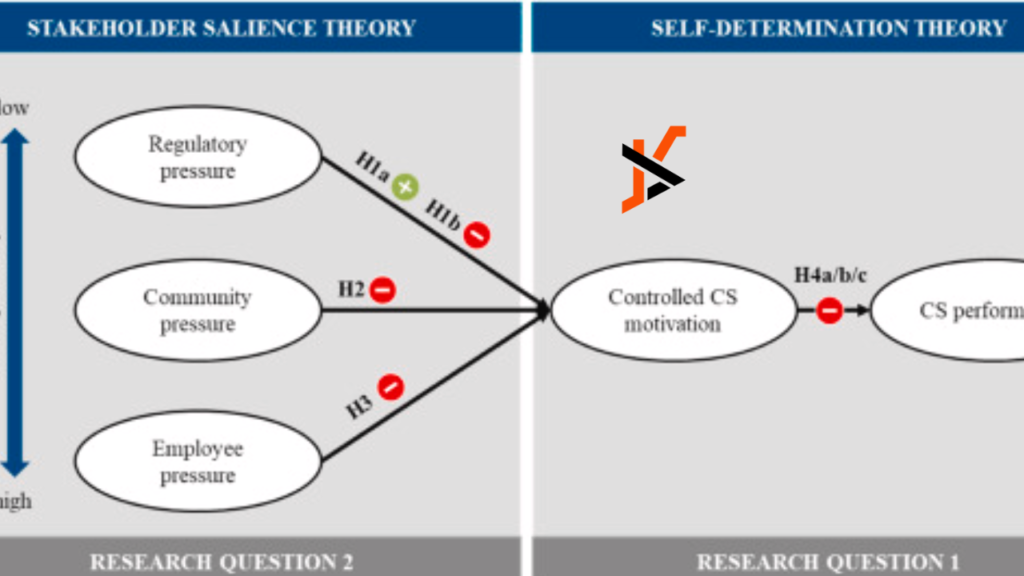SMEs have a lot on their plate—trying to grow the business while keeping up with the mountain of admin work like payroll, compliance, and HR. These tasks aren’t just complicated; they eat up valuable time and heap on stress for business owners.
Handing these jobs off to the pros—or automating them—helps businesses breathe a little easier and refocus on what really matters. Here’s a look at how SMEs can take matters into their own hands:
The Role of Payroll Bureau Services
Payroll is one of the most intricate administrative tasks, demanding precise calculations, timely payments, and strict HMRC compliance. For SMEs, this can be especially challenging when bringing on their first employees.
Payroll bureau services offer an ideal solution. These specialised providers handle the payroll function on behalf of the business, from calculating wages and tax deductions to managing statutory payments and filing necessary reports.
A payroll bureau service minimises errors, prevents penalties, ensures timely employee payments, and creates a positive work environment, giving SMEs peace of mind to focus on growth.
Outsource Non-Core Functions
Aside from payroll, other non-core tasks can also be outsourced, as many SMEs have seen the advantages:
- HR: Recruitment, onboarding, benefits administration, and performance management.
- IT Support: Technical support, cybersecurity, software updates, and data management.
- Marketing and Advertising: Social media management, SEO, content creation, and campaign strategy.
- Customer Service: Handling inquiries, support tickets, and customer feedback.
- Logistics and Fulfilment: Inventory management, warehousing, and shipping.
- Legal Services: Contract drafting, compliance advice, and handling legal disputes.
- Administrative Support: Virtual assistants, scheduling, and document management.
- Data Entry and Processing: Managing data, CRM updates, and processing orders.
These outsourced functions allow SMEs to focus on their core business while ensuring that essential operations run smoothly.
Automate Routine Processes
Automation offers another route to easing pressures and enhancing productivity. Simple software tools can automate many routine tasks, from scheduling social media posts to sending customer invoices. These tools streamline workflows, reduce the likelihood of human error, and save considerable time.
For example, customer relationship management (CRM) software can handle client interactions, track customer preferences, and even automate follow-up emails, allowing businesses to provide a consistent customer experience with minimal manual effort.
Using automation, SMEs can focus on delivering high-quality services and products instead of spending time on repetitive administrative tasks. Additionally, automation can improve scalability, making it easier for businesses to handle increased demand as they grow.
Embrace Flexible Staffing Solutions
SMEs looking to expand but hesitant about hiring full-time staff can explore flexible staffing options, such as working with freelancers or hiring part-time employees.
This approach allows businesses to meet seasonal or project-based demands without the commitment and overhead of a full-time employee. Moreover, working with skilled freelancers can bring fresh perspectives and specialised skills, which might be costly or impractical to have in-house.
Final Thoughts
By embracing some of the methods discussed above, SMEs can say goodbye to operational headaches and get back to doing what they’re best at. These savvy strategies free up precious time and resources, boosting productivity, enhancing work-life balance for owners, and creating an attractive space for top talent to thrive.

